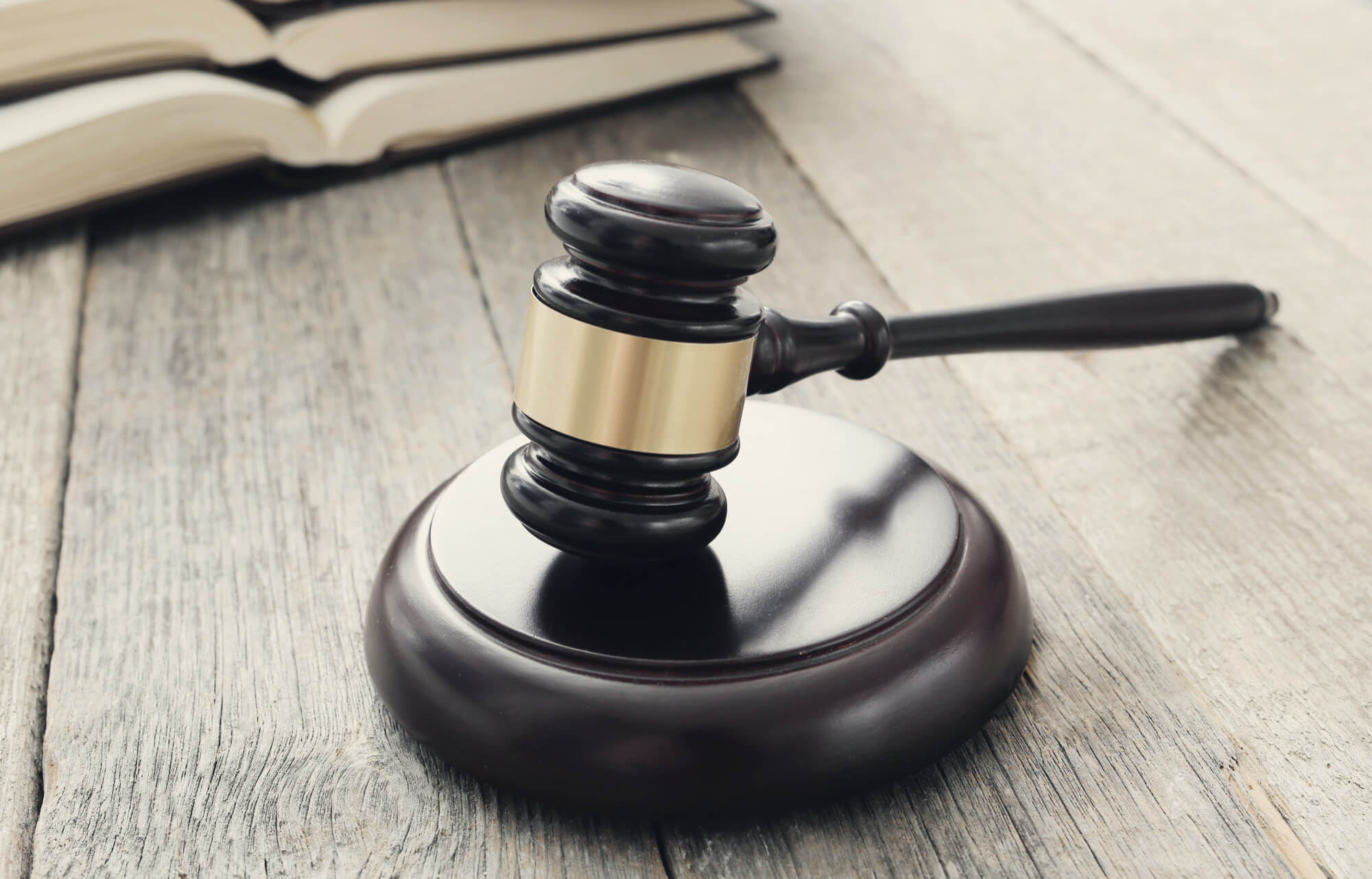Can the Court reduce the quantum of a Mareva injunction in the event of the Applicant’s non-compliance with the Supreme Court Practice Directions?
October 12, 2023
Can the Court reduce the quantum of the Mareva injunction in the event of the Applicant’s non-compliance with the Supreme Court Practice Directions by the party seeking the Mareva injunction?
In Parastate Labs Inc v Wang Li [2023] SGCA 27 (“Parastate Labs CA”), the Singapore Court of Appeal disagreed with the High Court’s approach (See Parastate Labs Inc v Wang Li [2023] SGHC 153 (“Parastate Labs HC”), at [46]) in dealing with the Applicant’s non-compliance with the Supreme Court Practice Directions. In particular, the non-compliance pertain to the non-provision of information on the Applicant’s ability to honour its undertaking as to damages. To that end, the CA reversed the lower Court’s decision and ordered for the injunction to cover the full claim sum. The CA also ordered for the Applicant to provide additional (monetary) undertaking as to damages. In Parastate Labs CA, the CA also helpfully restated the principles pertaining to what the Court may do in the event of material non-disclosure by the Applicant (at [24] of Parastate Labs CA).
First Instance – Reduction in quantum of injunction “struck the right balance”
At first instance, the Judge found that there was material non-disclosure by the Applicant in relation to its ability to meet its undertaking as to damages. Specifically, the Judge found that the Applicant had provided “unsatisfactory evidence” as to its ability to honour its undertaking in breach of Paragraph 73(1)(f) of the SCPD (at [25] of Parastate Labs HC). The Judge also found that the Applicant “deliberately” omitted (at [31] of Parastate Labs HC) the prescribed undertakings 9 and 10 in Form 25 of Appendix A of the SCPD i.e., the undertakings not to, inter alia, seek outside of Singapore an order of similar nature to the Mareva injunction.
For above reason, and notwithstanding that the Applicant had established both a good arguable case against the Respondent and a real risk of dissipation of assets, the Judge limited the quantum of injunction to half the amount claimed by the Applicant. In essence, the Judge was of the view that his order “struck the right balance between the interests of both parties, considering the likely effect of an injunction and the unsatisfactory evidence from [the Applicant] as to whether it was good for its undertaking” (at [46] of Parastate Labs HC).
On Appeal – No “principled basis” for reduction in quantum of injunction
In essence, the CA disagreed with the Judge’s approach to the Applicant’s non-compliance with the SCPD relating to the provision of “unsatisfactory evidence” as to its ability to honour its undertaking in breach of Paragraph 73(1)(f) of the SCPD. The CA also disagreed with the Judge’s finding that the said non-compliance (referred to by the CA as the “Failure to State Available Assets”) was a material non-disclosure “relating either to the requirements for the grant of a Mareva injunction or to [the Applicant’s] ability to honour its undertaking as to damages” (at [28] of Parastate Labs CA).
Nonetheless, the CA held that any uncertainty as to the Applicant’s ability to honour its undertaking should not go unaddressed. In this regard, the CA was of the view that the “proportionate and principled response” to the Applicant’s unsatisfactory evidence as to its ability to honour its undertaking would be “to order adequate fortification rather than to limit the quantum of the injunction” (at [30] of Parastate Labs CA)
In reaching its decision, the CA considered that the consequence of limiting the quantum of the injunction (as the Judge had done at first instance) was that in the event that the Applicant succeeds in its claim against the Respondent, there is likelihood that recovery (by the Applicant) “would be frustrated insofar as the half the claim amount was concerned” (at [30] of Parastate Labs CA). Pertinently, the CA also held that there was, in any case, no “principled basis” to limit the quantum for an otherwise indivisible claim “when the non-compliance had no impact on the underlying cause of action or the undertaking as to damages” (at [30] of Parastate Labs CA).
For the above reasons, the CA allowed the appeal i.e., to grant an injunction covering the Applicant’s full claim value and ordered for the Applicant to provide additional (monetary) undertaking as to damages
Key Takeaways from Parastate Labs CA
The CA decision in Parastate Labs CA serves as a timely reminder on the importance of adhering to the prescribed requirements under the SCPD (especially those pertaining to the Applicant’s provision of undertaking as to damages) when applying for a Mareva injunction – namely, Form 24 (for domestic Mareva injunctions) and Form 25 (for worldwide Mareva injunction).
Indeed, an as the CA had succinctly stated, the Mareva injunction is “one of the law’s two “nuclear” weapons”. Further, the rationale behind the requirement for an Applicant to provide an undertaking as to damages, is to mitigate the risk that the Respondent may suffer losses “as a result of having been prevented from doing it while the interim injunction was in force”.
Finally, and as alluded above, the CA also restated the principles pertaining to what the Court may do in the event of material non-disclosure by the Applicant (at [24] of Parastate Labs CA). In essence, the Court may discharge a freezing injunction if the material non-disclosure pertains to either (a) the requirements for the grant of a Mareva injunction or (b) the Applicant’s ability to honour its undertaking as to damages.
Contributed by:
Gerard Quek
Deputy Managing Partner- International Arbitration
- Corporate Commercial & Civil Litigation
- Financial Regulatory Compliance and Advisory
- Fraud, Asset Recovery and Investigations
- Lead - China & Thailand Desk
- Corporate Practice
Glenn Chua
Counsel- Fraud, Asset Recovery and Investigations
- Commercial & Civil Disputes
- Insolvency & Restructuring
- Arbitration
- Criminal Defence (White Collar)
Chambers & Partners – Asia Pacific 2023
PDLegal LLC is pleased to announce that Managing Partner, Peter Doraisamy, has been recognised and ranked by Chambers & Partners (Asia Pacific 2023 for Shipping: Domestic: Litigation). The following quotes appear with Peter’s ranking: –
“Peter Doraisamy of PDLegal in Singapore is a noted shipping lawyer in the market. He handles a wide range of disputes, including ship grounding, cargo and fraud-related cases” – Chambers & Partners – Asia Pacific 2023
“He is excellent in litigation. He has very good control of the case, collecting the right evidence and putting this into a very successful trial.” – Shipping Litigation Client
Chambers and Partners is the leading independent professional legal research company operating across 200 jurisdictions. Chambers and Partners delivers detailed rankings and insights into the world’s leading lawyers and law firms.
This ranking is a testimony to the expertise and experience of the Firm’s shipping practice and would not be possible without the support of our clients and friends.
View All Awards

We’re here to help you
We know what’s at stake, and our lawyers ready for you – if you would like to speak to us for more information, please contact our client services team who will be happy to assist.
Let's Get In Touch
Our Office
- A:
PDLegal LLC Advocates & Solicitors 1 Coleman Street #08-02 The Adelphi Singapore 179803
- E:
- T:
- F:
(65) 6220 0392
- H:
Mon - Fri : 9:00 am - 5:00 pm Sat : 8:30 am - 12:00 pm







